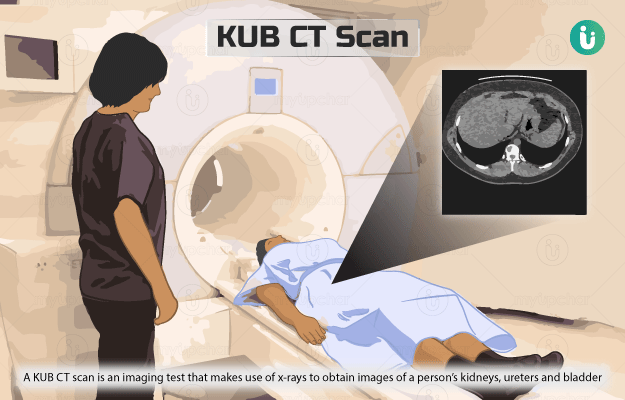What is a Blood Group Test?
A blood group test is a blood test that determines blood type by detecting the type of antigen present on the surface of red blood cells (RBCs). There are over 33 different blood types, and the most common method for blood grouping is the ABO typing. It characterises blood groups based on the presence of antigen A or antigen B in the blood in addition to the Rhesus (Rh) typing. Rh typing is characterised by the presence of antigen D.
Blood grouping is not a diagnostic test, as it does not help in diagnosing a disease; it is a basic test that detects the variant of blood group.

































